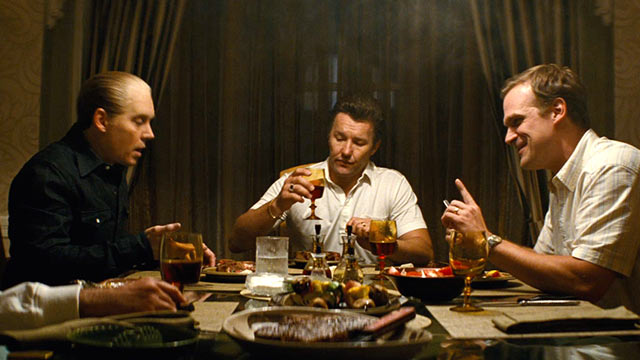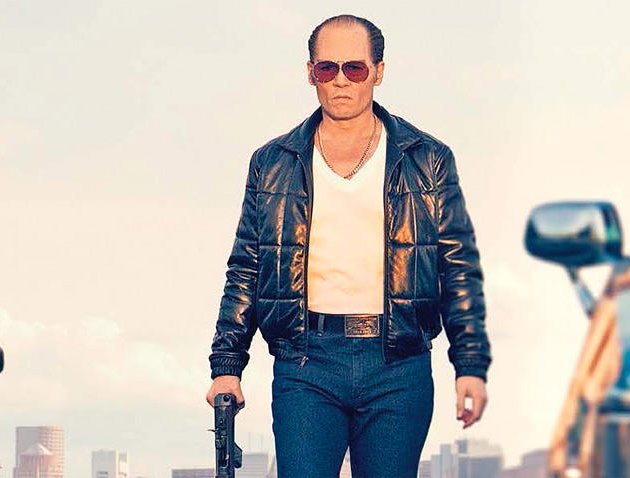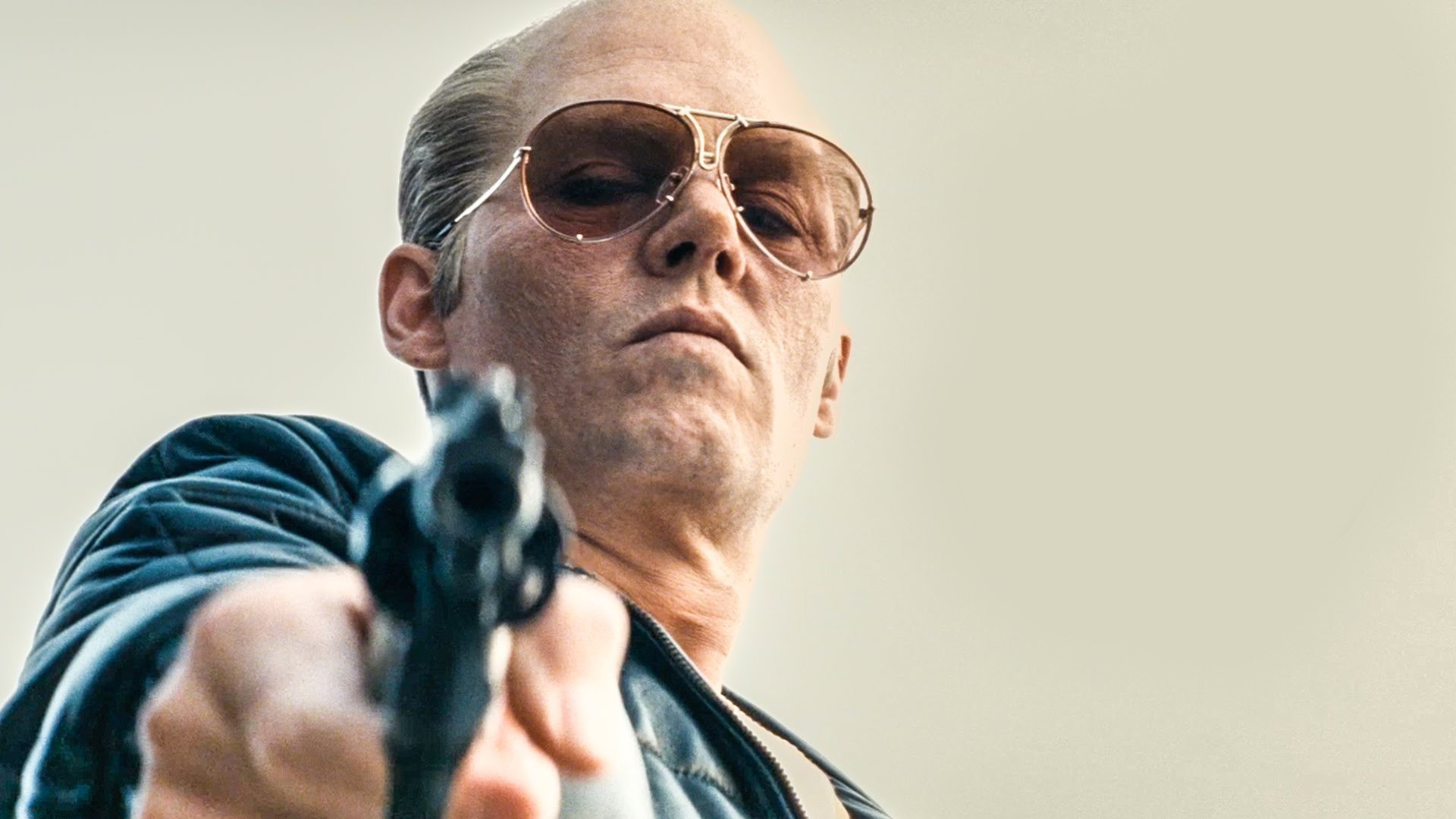Beware this place, apparently.
It all starts with Edith being haunted by the ghost of her dead mother, who warns her to "beware of Crimson Peak" when she is only a child. Fast forward a couple years and Edith grows up to become a headstrong woman trying to become a writer, a fact that becomes totally irrelevant to the plot when she meets Baronet Thomas Sharpe. They meet after Sharpe botches a meeting with Edith's father, a rich man who isn't interested in Sharpe's noble status or his made-up contraption for digging clay out of the Sharpe family's grounds. Edith falls in love with Sharpe and, after a series of strange, unfortunate events, agrees to marry him. When she arrives at his mansion, however, things start to become more sinister. Sharpe's sister, Lucille, is always acting like a weirdo, refusing to give Edith keys, acting standoffish, and always making her this gross tea. As Edith encounters the house's ghosts, we learn that Crimson Peak (a nickname for the manor, she learns once she's arrived) is home to some nasty secrets.
Here's what I liked:
Again, Guillermo doesn't not mess around when it comes to aesthetics. Between sets and costumes, the movie is nothing if not lush. Bright colors and beautiful fabrics dominate the entire screen, and even distracts a little from the story itself.
Look at those sleeves. Look at that collar. Good god.
The second thing I liked was the way he did the ghosts. I don't know how he gets away with it, but Guillermo del Toro is one of the rare people who can actually show you the true form of the monster hiding in the dark and still have you effectively scared. It's hard to evoke horror in plain sight, but he does it extremely well. The ghosts are grisly and scary without trying to look overly realistic and the mystical realism there works.
Here's where we had some problems:
The plot gets twisted up in itself a little too much from the get-go and leaves no room for the element of surprise. The movie announces to the audience that the Sharpes are suspicious folk right off the bat with phrases like "There's something funny about those two," baiting you. Which is actually kind of a shame, because without voicing concerns about the Sharpes' characters, things would be much more interesting. Instead of holding suspense and leading us to make our own assumptions about the character of these nobles, we're instead made to wait until the end like impatient kids at Christmas. We don't know what is it that they are doing nor why they are doing it but we know damn well that SOMEthing fishy is going on. Why dangle the surprise in front of our faces? Because of this, a plot twist that may have hit the audience with a bang instead deflates with a lame pffffttt. Additionally, Guillermo decides to stack on ANOTHER surprise because apparently one isn't enough, but it ends up reading as an afterthought.
Lucille, looking very suspicious.
6.5 outa 10. Long story short: Crimson Peak is a gorgeous-looking film full of jumps and scares, but a plodding narrative keeps the movie from reaching its potential.



















